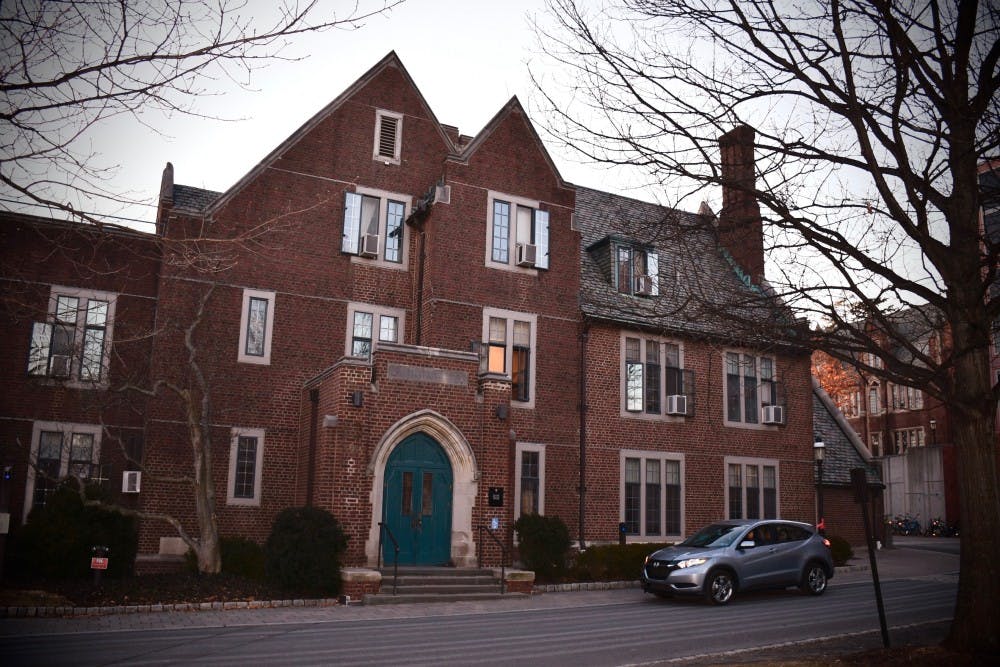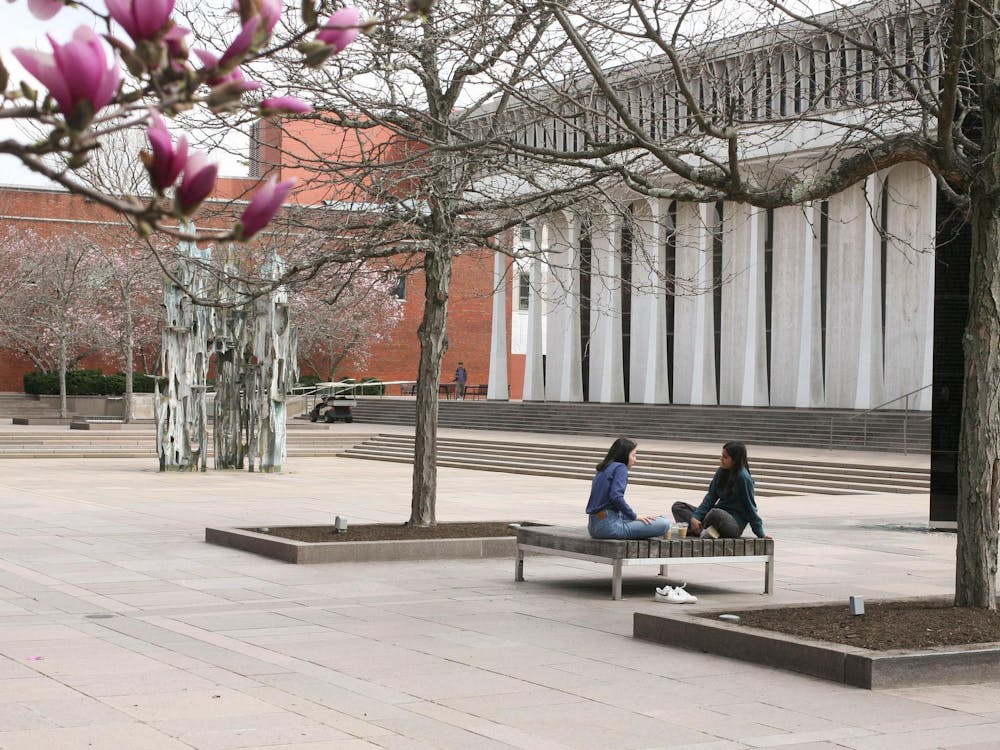Over Halloween weekend, colloquially referred to as ‘Princetoween’ among students, McCosh Health Center admitted a significant number of students for excessive intoxication and transported some to local hospitals, including Penn Medicine Princeton Medical Center (PMC), for care.
“The number of intoxicated students transported by the Department of Public Safety to University Health Services and local hospitals for care was somewhat higher last weekend than during comparable time periods in recent years,” Deputy University Spokesperson Michael Hotchkiss confirmed in an email to The Daily Princetonian.
Hotchkiss noted, however, that the University has not noticed a trend indicating an increase in the overall number of students being admitted to the infirmary service or requiring hospital care for alcohol-related concerns as compared to pre-pandemic years.
News of the Halloween party scene caused concern in the Princeton parents group on Facebook, which has nearly 4,000 members.
“I just heard from my daughter that last night was a rough one at the eating clubs,” one parent posted. “[A] police officer on-site said there were over 35 cases of alcohol poisoning. Ambulances had to take students to Trenton because there were too many for Penn.”
The post garnered 148 comments at the time of this article’s publication, many of which were parents expressing concern over students’ drinking habits.
While the University did not provide comment on the exact number of students treated for alcohol-related reasons, a University official, who declined to speak on record, wrote to the ‘Prince’ that an estimate of 35 students being transported to PMC is “not accurate and overstates the situation.”
Hotchkiss, however, confirmed that there have been some cases where students’ blood alcohol levels have reached dangerously high levels. He wrote that the University has taken immediate action in such cases, referring students to Counseling and Psychological Services as well as the Brief Alcohol Screening and Intervention of College Students program. He noted that students can find further information about substance use and regulation on the “Limits Matter” page of the UMatter initiative.
Regardless of the exact number of students treated at UHS or PMC, Princeton’s alcohol consumption culture has been criticized by parents and students alike.
“It is terrifying, my daughters just a freshman and has shared she’s been stunned at the massive amount of alcohol on campus,” one parent wrote in the Princeton parents group.
Another parent commented, “[t]he excessive drinking at Princeton makes my kid not want to stay. It’s not the alcohol so much as the atmosphere it creates.”
In an opinion piece published in the ‘Prince,’ columnist Allen Liu commented on a scene that troubled him on Prospect Avenue, the eating club-lined street where most parties occur.

“I found something deeply problematic about the scene outside of Colonial as I watched from across the street,” Liu wrote. “It wasn’t the crowd itself or the excitement surrounding the Street’s reopening. Rather, I was disturbed by the desperation I saw. I believe this desperation is the product of a campus culture that does not prioritize mental health and well-being.”
AG McGee ’22 echoed Liu’s concerns, saying, “I think it’s really sad, the kind of drinking culture that I’ve seen develop [at Princeton] over the course of the years. I wish coming back from the pandemic had been a time that we could have reset campus culture around alcohol, [but] I’ve never seen it this bad.”
McGee is a Managing Editor at the ‘Prince.’
McGee accompanied another University student, who was suffering from an illness and sought medical treatment, to PMC. While there, both McGee and the student saw a number of college-age individuals being admitted to the hospital.
The student, who requested anonymity due to the private nature of their medical experience, said they waited for about five hours before being given a room. As someone who had visited numerous hospitals before, they claimed PMC on the night of Oct. 30 was “pretty crazy.”
“I don't think I’d ever seen a hospital that was that full before,” they said.
While they were unsure of whether the patients were Princeton students, the student said they saw a number of college-age individuals in Halloween costumes in beds lining the PMC hallways, one of whom “threw up on the floor while [they were] there.”
“You could just see all of the nurses being completely exhausted by the fact that these students were coming in like this,” they said.
The student shared their thoughts on the current drinking culture on campus, saying, “As a student who was there for an illness, it was really difficult to have to wait while students are coming in and being seen for excessive drinking. A lot of people have been talking on campus about how this is because of COVID and people are trying to make up for lost time. But I think that people just need to start taking the issue of drinking more seriously. I think that an event like Princetoween needs to be a wake up call for people that this is something that’s not okay.”
Their experience prompted the student to consider the role students play in their local communities.
“We’re members of this community, and most of us [have] been brought in by the University to study here,” they continued. “So for us to affect the greater community in such a negative way is completely irresponsible. We’re supposed to help this community that has welcomed all of us and not make it worse by making people wait in hospital waiting rooms for hours because students are coming in drunk and don’t know how to manage their drinking.”
For students who chose not to consume alcohol, there were alternative University-sponsored social events on Princetoween, one of which was held at Campus Club, which neighbors the eating clubs. The Office of the Dean of Undergraduate Students, the Princeton Student Events Committee, and the Alcohol Initiative provided alcohol-free programming at Campus Club with food, a DJ, and social spaces for students to gather.
In his email, Hotchkiss emphasized that the University prioritizes the health and safety of students, and he encouraged students to ensure that highly intoxicated students are brought to the attention of University Health Services so that they can receive proper observation and care.
“The need for community vigilance means that students should be prepared to be active upstanders, not passive bystanders, when their peers are drinking or doing any illicit substances,” Hotchkiss wrote.
Caitlin Limestahl is a Head News Editor and has previously covered the Undergraduate Student Government and University Affairs. She can be reached on Twitter @caitlin_lime.
Diya Kraybill is a staff writer who often covers student groups and university affairs. She can be reached at diyak@princeton.edu.








